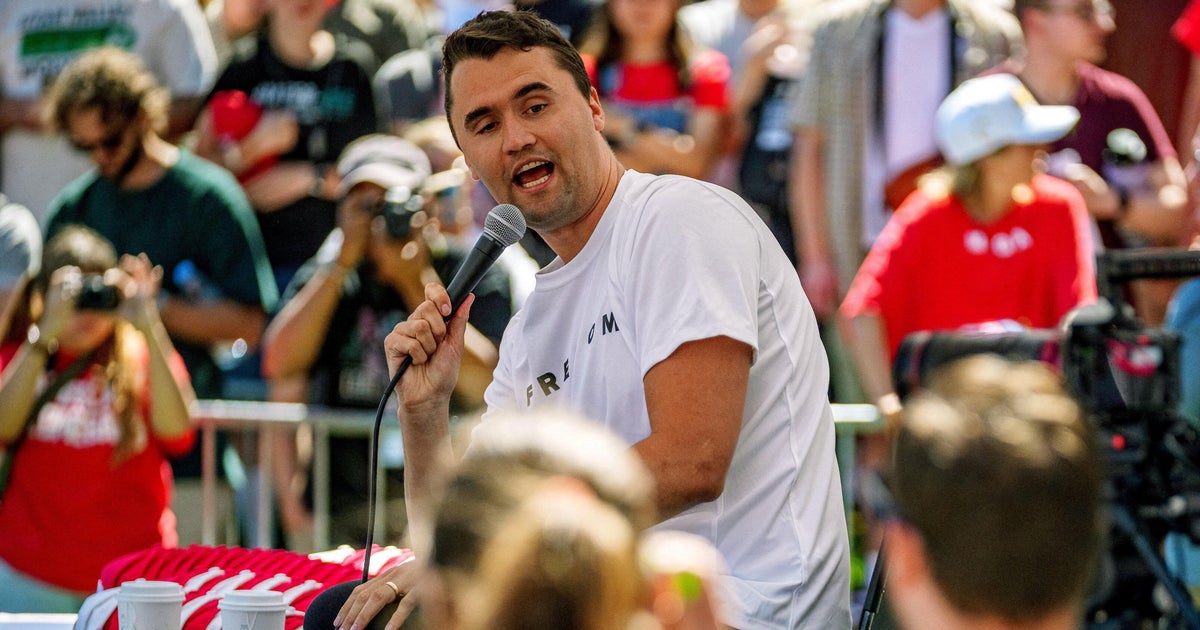The Growing Concern Over Political Violence
In the modern political landscape, expressions of dissent have taken a disturbing turn, raising serious concerns about political violence. This was underscored recently by comments from House Majority Leader Steve Scalise following the tragic death of a fellow political figure, Kirk. Scalise’s reflections offer insights not just into the event itself, but into the broader implications of political discourse in America today.
A Call to Uphold Democratic Principles
Scalise, during an appearance on "CBS Mornings," emphasized that "we cannot let what happened yesterday be the norm." His statement reflects a growing sentiment among politicians and citizens alike: the urgency to protect the integrity of American democracy. The notion that political disagreement could lead to violence is fundamentally antithetical to the values that underpin the democratic process.
The Danger of Dehumanizing Politics
Scalise expressed a chilling observation about the degrading nature of contemporary politics. He lamented that some individuals have adopted a mentality that views political opposition as a justification for seeking "to eliminate those people." This mindset not only perpetuates division but also threatens the very fabric of civic engagement. Scalise believes that the hallmark of a healthy democracy is the ability to engage in respectful debate, regardless of differing opinions.
Remembering Kirk: A Model of Civility
Reflecting on Kirk’s legacy, Scalise noted that even in disagreements, Kirk was known for his respectful attitude. He engaged in discussions rather than resorting to derogatory name-calling. "We’ve got to get back to that," Scalise stated, signaling a need for a return to civility in political dialogue. This reflects a broader call for politicians and citizens alike to remember the importance of understanding and engaging with opposing views.
Personal Reflections on Violence
Drawing from his own traumatic experience, Scalise recounted the 2017 shooting that nearly claimed his life while he was practicing for an annual congressional baseball game. He admitted that focusing on legislative matters became difficult in the wake of Kirk’s death because of the memories it triggered. This acknowledgment highlights how closely personal experiences with violence can affect a politician’s outlook and actions in the public sphere.
Addressing the Roots of Division
When posed with questions about fostering more constructive political discourse, Scalise emphasized the beauty inherent in America’s diversity of opinion. He advocates for a celebration of differences rather than a fear of them. "One of the greatest things about America is that we do have differences and that we can express them," he remarked. This perspective encourages a shift from confrontation to collaboration, inviting a dialogue that values diverse viewpoints.
Ensuring Safety in Political Discourse
Scalise’s remarks carry an implicit warning: allowing physical threats or violence in political discourse should never be acceptable. He underscored the need for safe spaces for political expression, where ideas can be debated without fear of retribution. This call for safety within political discussions is crucial for maintaining a healthy democratic environment, where citizens can engage fully and openly.
The Role of Congress in Healing
As a prominent figure in Congress, Scalise believes the institution has a vital role to play in reducing the current temperature of political debates. By fostering environments that prioritize dialogue and understanding, Congress can lead by example, showing that political engagement should be rooted in respect and civility. His views reflect a growing recognition that legislative bodies can be catalysts for change, promoting a more inclusive and understanding political atmosphere.
Encouraging a Transformative Shift
Scalise’s insights drive home the important message that while differences in opinion are natural, aggression should never enter the equation. He calls for a transformation in how people express disagreement—an approach that prioritizes constructive dialogue over hostility. This challenge is an ongoing one, as society must grapple with the increasing instances of violence tied to political beliefs.
In shedding light on these issues, Scalise offers a glimmer of hope amidst a worrying trend. His experience and advocacy for civility and constructive discussion are crucial steps in countering the normalization of political violence—a trend that should concern us all.



